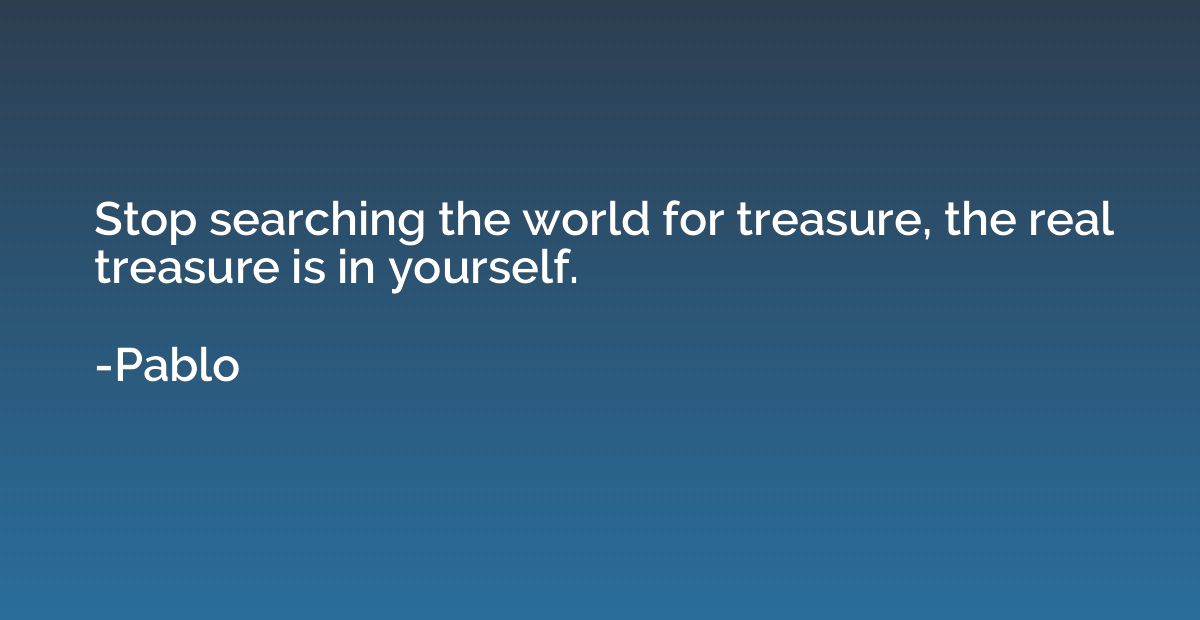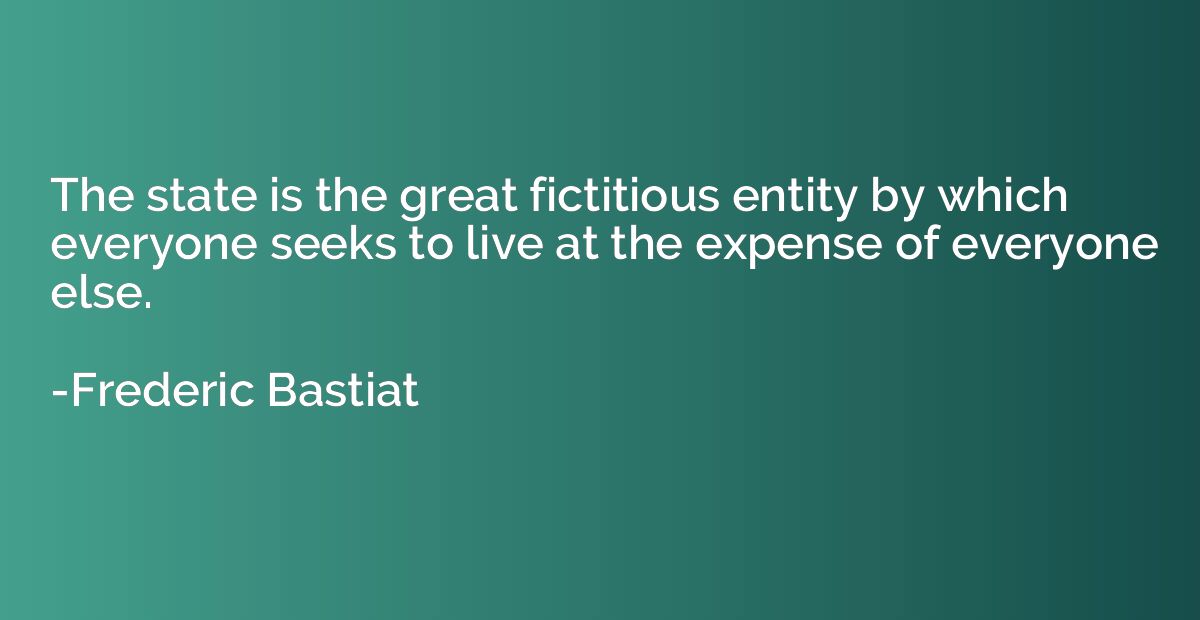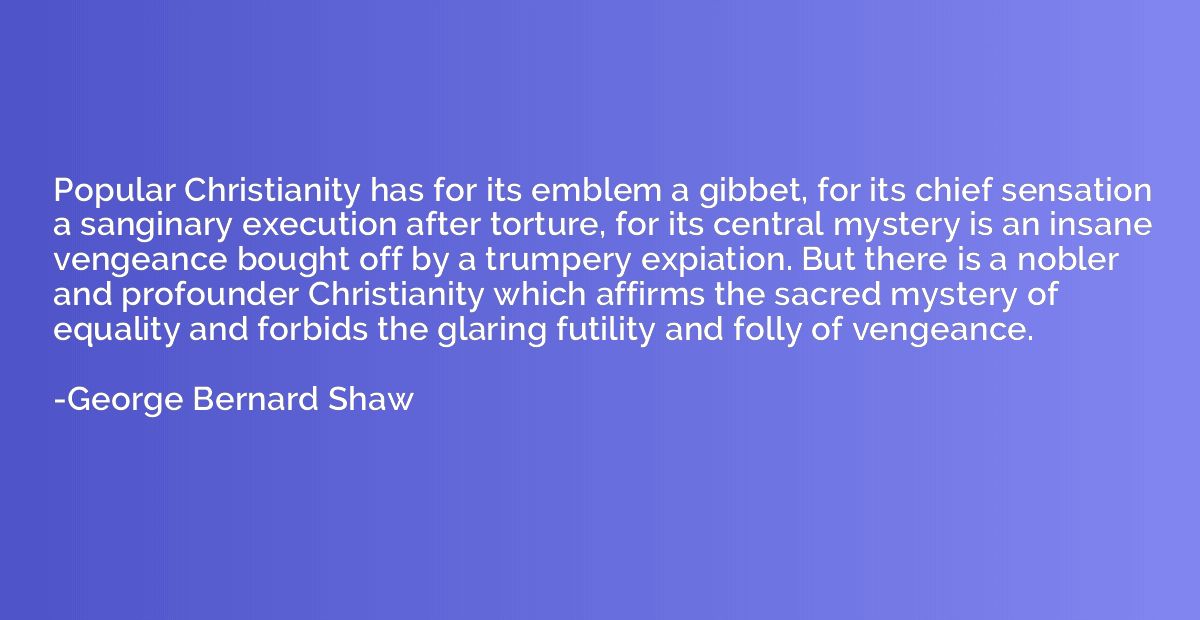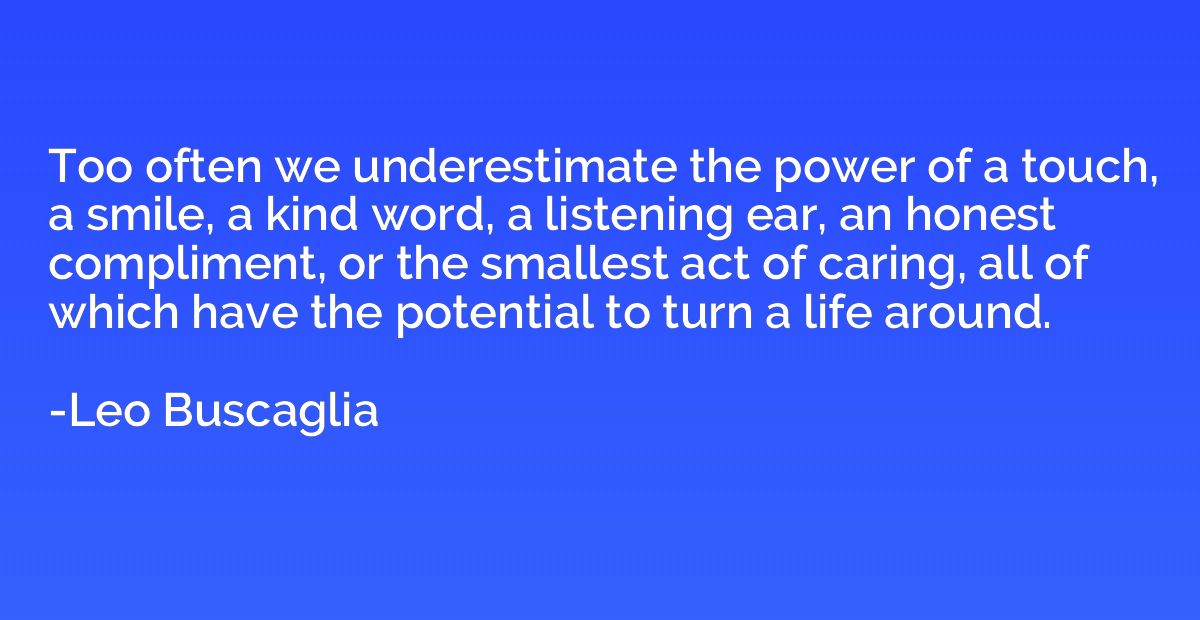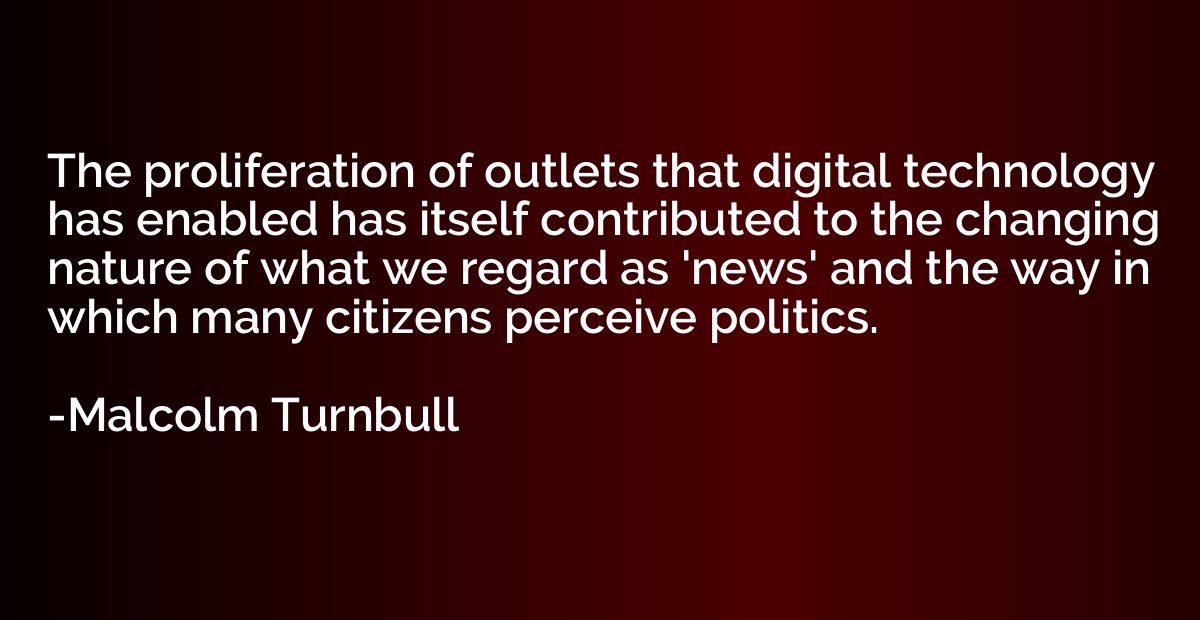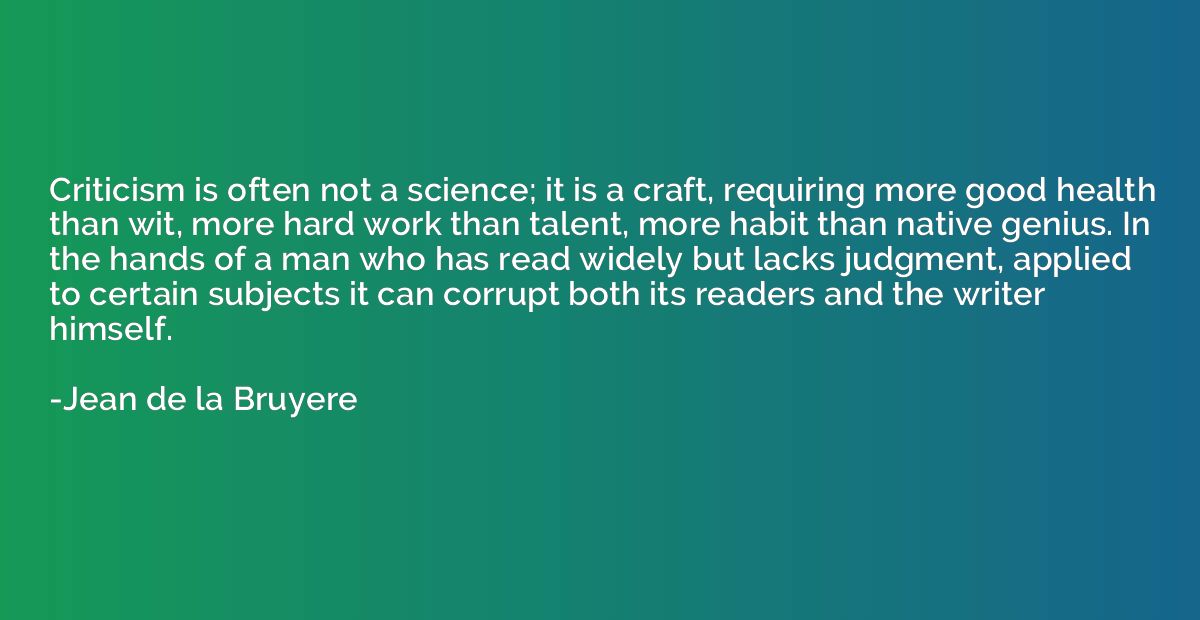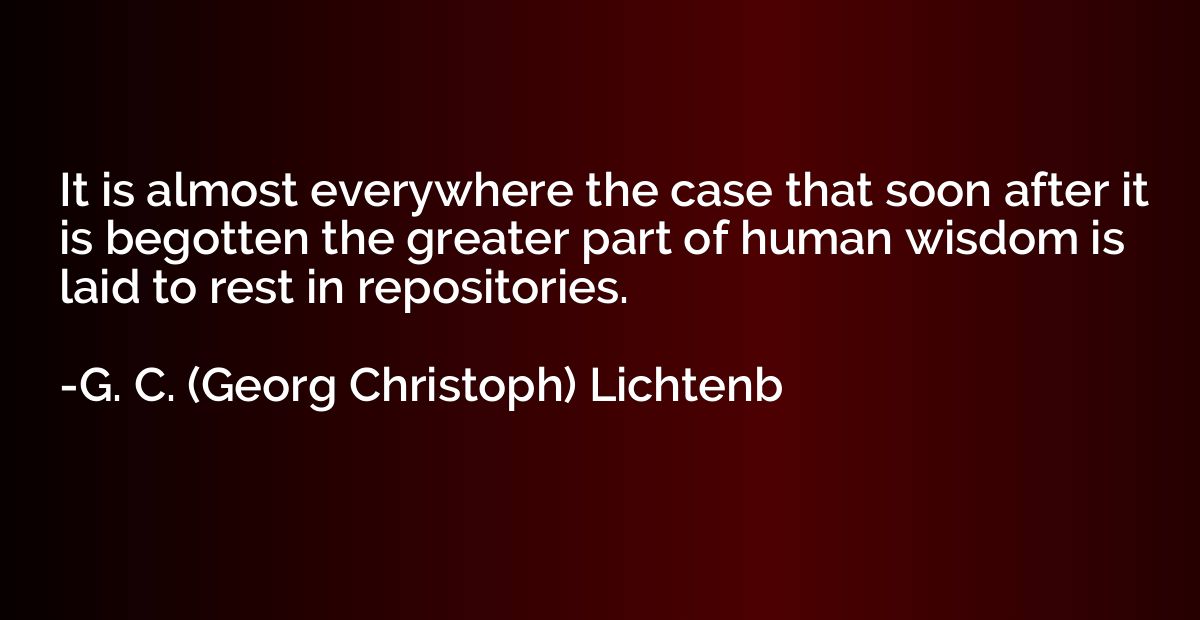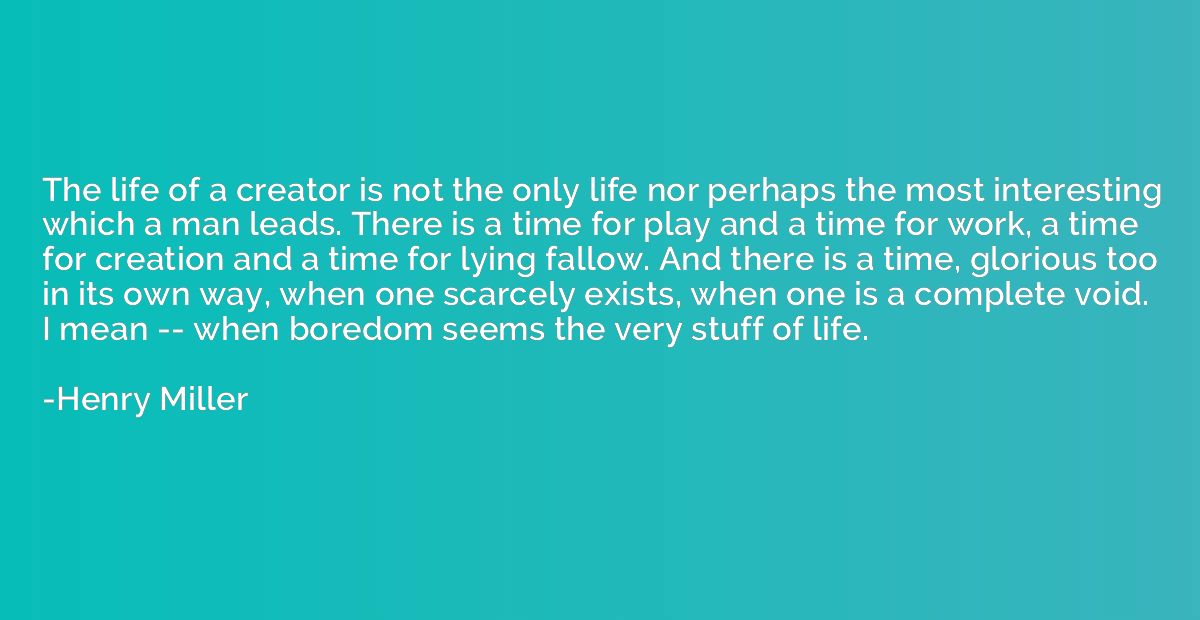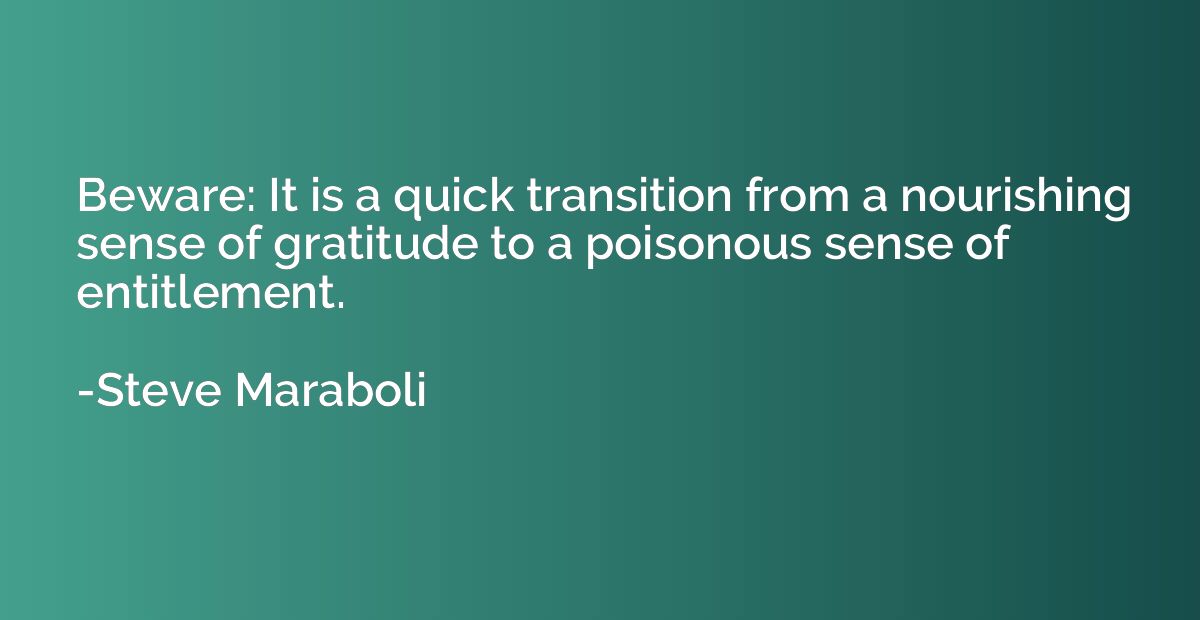Summary
This quote emphasizes the idea that true worth and value lie within an individual rather than material possessions or external achievements. It suggests that instead of constantly seeking validation or happiness through external sources, one should focus on exploring their own potential, strengths, and passions. The real treasure refers to the uniqueness, talents, and qualities inherent in each person, which can ultimately lead to a sense of fulfillment and meaningfulness in life. In essence, the quote encourages self-discovery and self-appreciation as the path to finding true treasure.
By Pablo
